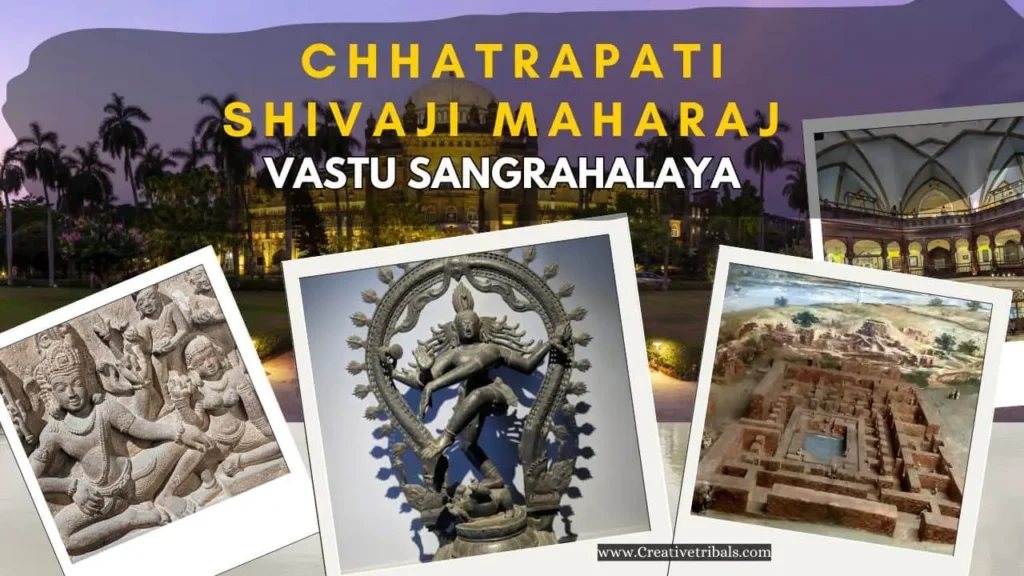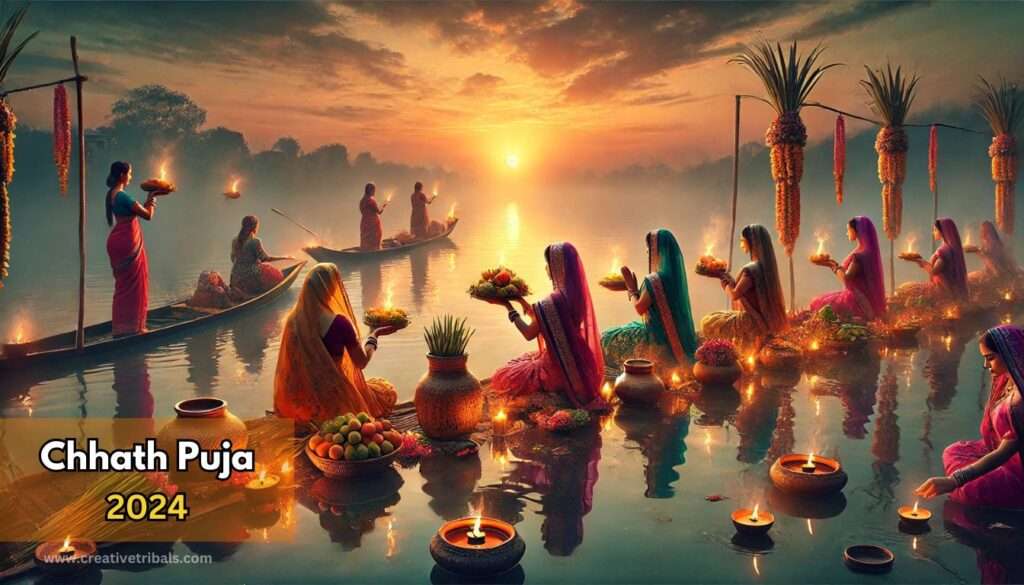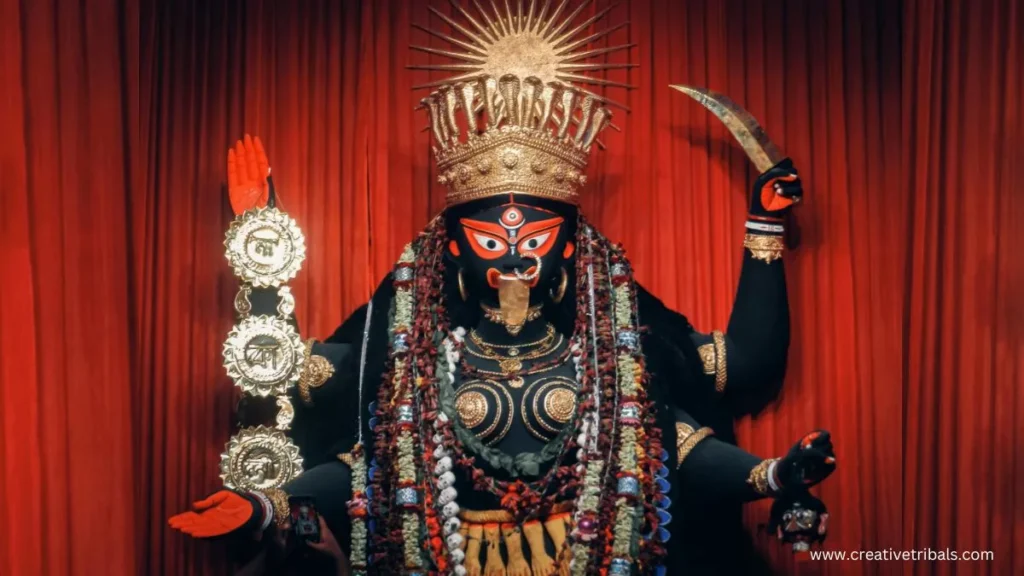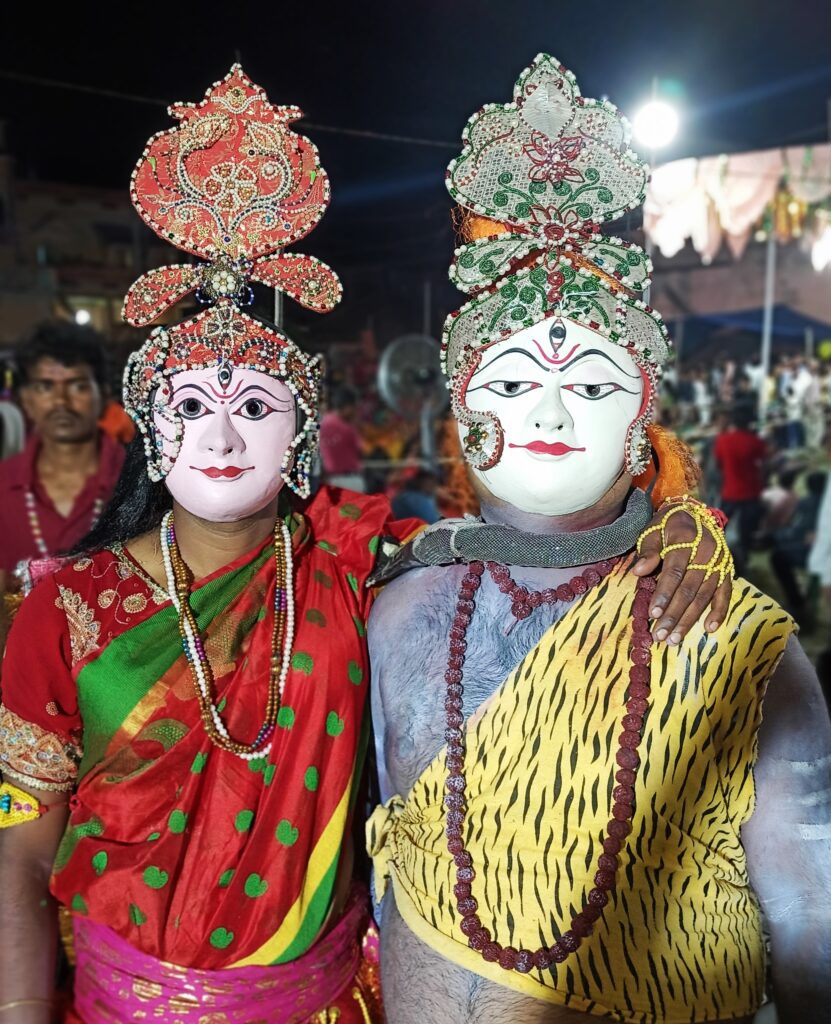

Dussehra Festival, celebrated with grandeur across India, takes on a unique and intense form in the rural regions of Odisha and Jharkhand. In these areas, the festival is closely associated with the tradition of Khonda Mada—a fire-walking ritual that has been practiced for generations. This sacred ritual, where devotees walk barefoot over burning embers, is a powerful symbol of unwavering faith, courage, and devotion to the gods, adding a distinct layer of cultural significance to the festival.
Khonda Mada : The Significance of Fire Walking in Dussehra
Dussehra marks the victory of Lord Rama over the demon king Ravana, representing the eternal battle between dharma (righteousness) and adharma (unrighteousness). In Odisha and Jharkhand, fire-walking rituals are a manifestation of devotees’ unwavering faith and their belief in the protection of the divine. The act of walking over burning embers is seen as a test of purity, courage, and dedication to the gods.
Devotees believe that if their faith is strong and their hearts are pure, they will not be harmed by the flames. The ritual is often conducted in temple courtyards or open fields, where large pits of burning coals are prepared, and devotees, barefoot, walk over them without showing any signs of pain or injury. This extraordinary feat is not only a demonstration of physical endurance but also an expression of spiritual transcendence.


Villages and Celebrations
In the rural heartlands of Odisha and Jharkhand, Dussehra is celebrated with great fervor and enthusiasm. The fire-walking ritual is just one of many traditions that take place during the festival. Some of the key locations where fire-walking is performed include:
Mayurbhanj and Ganjam districts of Odisha: These regions are renowned for their Dussehra celebrations, with fire-walking being one of the most anticipated events. Devotees gather in large numbers, offering prayers to the local deities before stepping onto the hot coals.
Singhbhum, Seraikela-kharswan and Ranchi districts of Jharkhand: Here, fire-walking is often accompanied by other rituals, such as fasting, chanting of mantras, and processions. The festival becomes a vibrant display of cultural unity, as people from different villages come together to witness and participate in the ritual.
The Ritual Process
The fire-walking ceremony begins with an elaborate prayer session. Priests offer sacred mantras, and devotees seek blessings from the gods and goddesses, particularly Goddess Durga, who is revered during the Dussehra festival. The devotees, dressed in traditional attire, prepare themselves mentally and physically for the ritual, often meditating and fasting in the days leading up to the event.
A large pit is dug, and wooden logs are burned to create a bed of red-hot embers. As the fire cools slightly, but remains scorching hot, the devotees step forward. With unwavering faith, they walk barefoot across the glowing coals. The atmosphere is charged with emotion as chants and prayers fill the air, encouraging the participants and invoking divine protection.
Remarkably, many devotees emerge unscathed, which strengthens the community’s belief in the power of devotion. This ritual is considered a testament to the victory of the human spirit, much like Lord Rama’s victory over Ravana.
Cultural Importance
For the people of Odisha and Jharkhand, the fire-walking ritual is not just a spectacle but a deeply symbolic act of faith. It underscores the power of belief and the strength derived from surrendering to the divine. The ritual also brings the community together, fostering a sense of collective identity and shared spiritual experience.
Beyond the religious and spiritual significance, the festival of Dussehra in these regions serves as a platform for showcasing local art forms, music, and dance. It is a time when traditional values are passed down through generations, and cultural heritage is celebrated with great joy and reverence.










